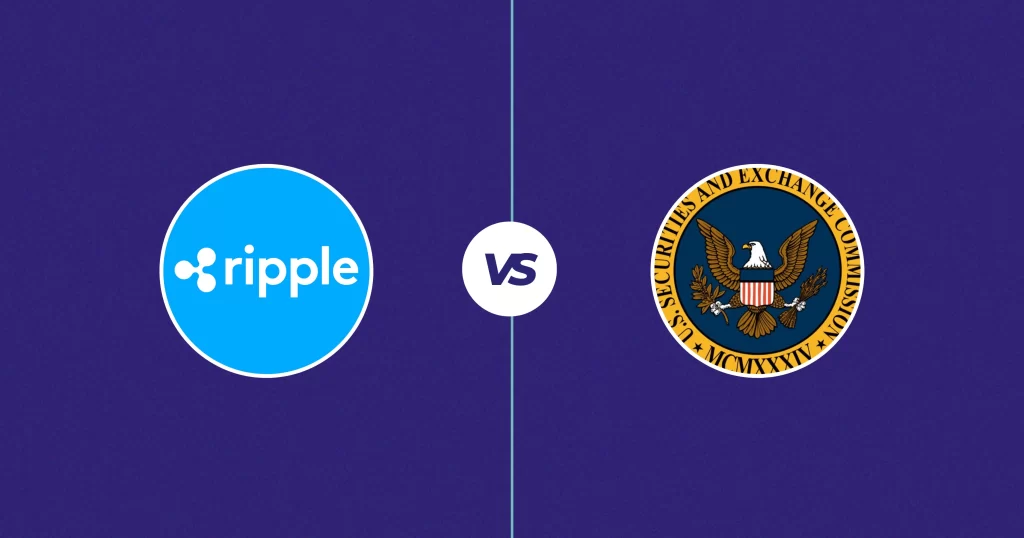XRP vs SEC Lawsuit Reaches Climax! Top Attorney Predicts Game-Changing Ruling by June


The post XRP vs SEC Lawsuit Reaches Climax! Top Attorney Predicts Game-Changing Ruling by June appeared first on Coinpedia Fintech News
Attorney Fred Rispoli, who is the founder of HODL law, has opened up about when Judge Torres might make a decision in the prolonged Ripple vs. The SEC case.
In a new interview with Thinking Crypto, the attorney said that the SEC sought to seal expert witness information, and the Hinman documents, and Ripple wanted to seal certain financial information. Additionally, third parties, including an investment banker and attorney Rosalind Leighton, had their own requests for sealing or accessing specific documents.
According to him, the significance of these motions is that they indicate we are nearing the end of the process, with only the summary judgment rulings remaining. The motions were filed while the Dobert motions and summary judgment were still pending, suggesting that the court may have some idea of where it is heading with the case.
“I think that it’s under the rules, you know, the judge could wait, you know, she doesn’t want to be on that list, and she’d be on that list of late rulings by September. It doesn’t matter if you’re on the list, you can still hold off, you know, ruling. So theoretically, she could easily go to the end of this year.”
The recent sealing motion ruling brings us closer to the anticipated summary judgment rulings. He also said that there is a 10% chance for an outright win and an 80% probability of the case going to a jury for the question of facts aligns with one possible scenario. However, the attorney said that he is positive about getting a resolution by June.
He hopes the court will compel the SEC to make a rule, especially considering their tendency to sue without providing clear rules. However, it’s possible that the SEC could simply deny the petition for rule-making without providing any substantial reasoning, he said.
